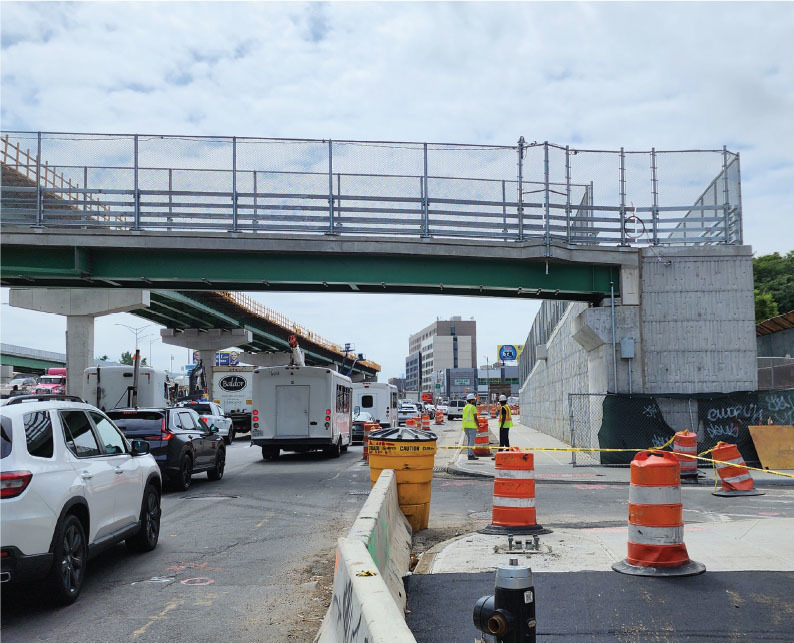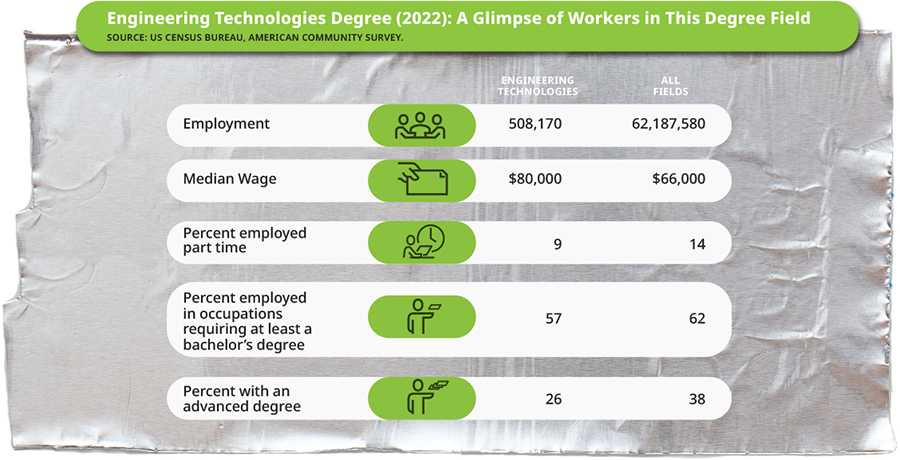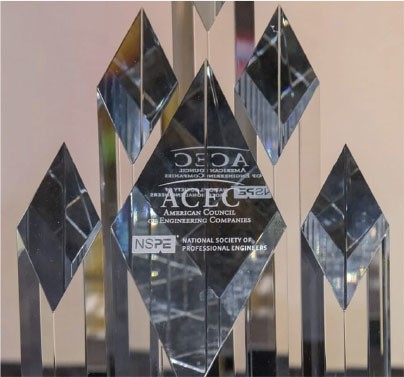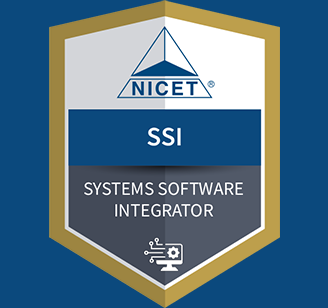October 2014
PE REPORT
NCEES Takes a New Look at Education Requirement for PEs
Council also amends qualifications for PE exam.
The member licensing boards of the National Council of Examiners for Engineering and Surveying have decided to change their approach to requiring education beyond a bachelor’s degree for licensure as a PE.
In August, the council voted to remove from the Model Law and Rules a requirement calling for licensure candidates to earn a master’s degree or its equivalent prior to being awarded a PE license. The language was added to the Model Law and Rules in 2006 and intended to take effect in 2020.
The council voted to remove the requirement to end confusion and to avoid barriers to comity licensure but plans to work on the specifics of the requirement, said NCEES Chief Executive Officer Jerry Carter. “The language about requiring additional education beyond the bachelor’s degree was inserted in the NCEES model governance documents to reflect the belief of the council that significant revisions are needed in the education of engineers to ensure that they are prepared to enter the professional practice of engineering,” he said in a statement. “Because the language had been incorporated into the Model Law and Model Rules, but had not yet been adopted by an individual licensing board, it was causing confusion among students, educators, and professional engineers.”
Another key issue was the effect on the NCEES Records program, which is used by PEs to facilitate comity licensure. “For those who meet the Model Law Engineer or Model Law Structural Engineer standard, many states expedite a comity licensure application. In 2020, the MLE and MLSE standards would have required a master’s degree or the equivalent,” said Carter. “If no state requires a master’s, most licensees would no longer meet the MLE and MLSE standards, which would have slowed comity licensure. NCEES is dedicated to facilitating licensure among states, so it wants to avoid this impediment.”
NCEES will continue to support improving education standards, said Carter, to better prepare individuals to enter the profession. A committee will develop a position statement to establish support of additional education for initial engineering licensure and the council will consider adopting the statement during next year’s annual meeting.
NSPE supports the establishment of additional academic requirements beyond the bachelor’s degree, such as a master’s degree or equivalent, as a prerequisite for licensure and practice of engineering at the professional level as outlined in NSPE Professional Policy No. 168, adopted in 2002.
Early PE Exam
In August, NCEES also removed from the Model Law a requirement that licensure candidates must earn four years of experience before taking the PE exam. The change paves the way for states to allow candidates to take the PE exam any time after they pass the FE exam. The Model Law still requires licensure candidates to gain at least four years of experience in addition to passing the PE exam before receiving a license.
NSPE has urged NCEES and state licensing boards to allow licensure candidates to take the PE exam if they have met the educational requirements for licensure and passed the FE exam. The Society also believes that the four years of progressive engineering experience indicated in the Model Law should remain unchanged, and candidates who pass the PE exam early need to gain four years of documented acceptable progressive engineering experience before becoming licensed.


 Volunteering at NSPE is a great opportunity to grow your professional network and connect with other leaders in the field.
Volunteering at NSPE is a great opportunity to grow your professional network and connect with other leaders in the field. The National Society of Professional Engineers (NSPE) encourages you to explore the resources to cast your vote on election day:
The National Society of Professional Engineers (NSPE) encourages you to explore the resources to cast your vote on election day:










